It had started to look like Simon Byrne was made of Teflon.
Nothing seemed to stick to the PSNI chief constable.
He'd been in post since 2019 and had just had his contract renewed for a further three years at an annual salary of €270,000.
That would have made him the longest-serving head of Northern Ireland's new police service.
He'd come through controversy before, even before joining the PSNI.
Mr Byrne arrived in the region after a tumultuous end to his tenure as the head of Cheshire Police, when he was suspended over misconduct claims.
He went on to be cleared by a panel of all 74 allegations made against him.
Christmas controversy
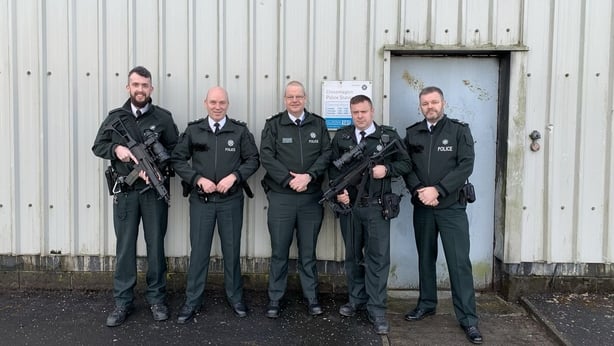
Not long after taking charge of the PSNI, he was pictured outside Crossmaglen police station with officers carrying rifles fitted with powerful scopes.
He tweeted the picture himself as part of his Christmas Day message.
Many complained it was a throwback to pre-ceasefire policing and demonstrated that he was tone-deaf to the sensitivities of new political realities.
He quickly apologised, ordered a review of policing in south Armagh and everyone moved on, cutting the new man a bit of slack.
Just months previously, in September 2019, the newly-minted chief constable had suggested that the children of paramilitaries could be taken into care.
Following a massive furore, Mr Byrne back-tracked and was happy to withdraw "the interpretation that children are pawns, if that's what's been heard". He insisted that this had not been his intention.
DUP calls on Byrne to go
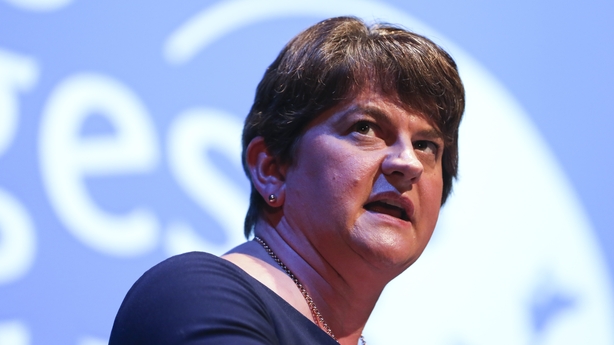
Covid-19 created a difficult policing environment, but early on Simon Byrne made an unforced error, proposing to remove "Northern Ireland" from a new police logo. That plan promptly went in the bin.
The funeral of veteran republican Bobby Storey in June 2020 caused an outcry following the stand-off approach of police as thousands of republicans gathered along the cortege route.
A subsequent investigation led to files on 24 Sinn Féin figures being sent to the Public Prosecution Service for consideration.
But when a decision was taken not to prosecute, unionists, including the then First Minister Arlene Foster, publicly called on Simon Byrne to go.
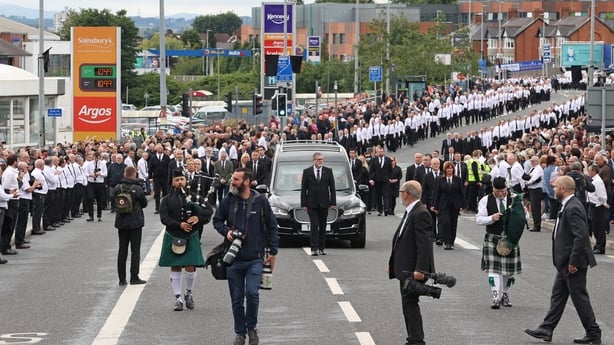
He toughed it out and a subsequent review found that the funeral of a leading loyalist would have been handled in the same way.
His officers' handling of a Black Lives Matter protest in Belfast and Derry the same month also drew criticism when 70 fines were handed out.
A police ombudsman's investigation found that the stance taken by officers had been unfair and discriminatory. Again, there was an apology but no resignation.
Republican frustration
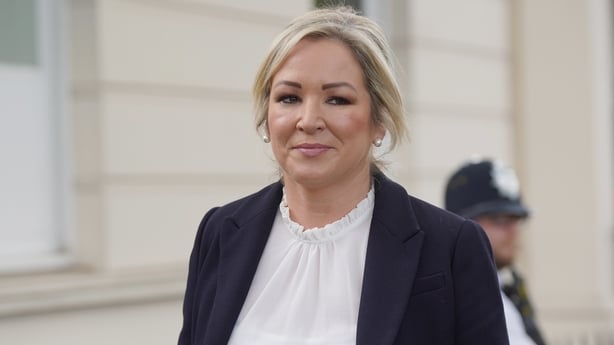
The following year, in February 2021, senior Sinn Féin members, including Stormont leader Michelle O'Neill, criticised the policing of a memorial event for the 29th anniversary of the loyalist attack at a Sean Graham bookmakers shop on the Ormeau Road in Belfast. Five people had been killed in the attack.
A row had started when two junior police officers moved in to enforce Covid-19 restrictions.
When a survivor of the atrocity was arrested, republicans objected.
Mr Byrne apologised to those at the event, and announced that one of the officers had been suspended and another repositioned while the Police Ombudsman investigated the incident. This was to come back to haunt Mr Byrne in recent days.
The Police Ombudsman later sent a file to the Public Prosecution Service which decided against pursuing a prosecution of the officers.
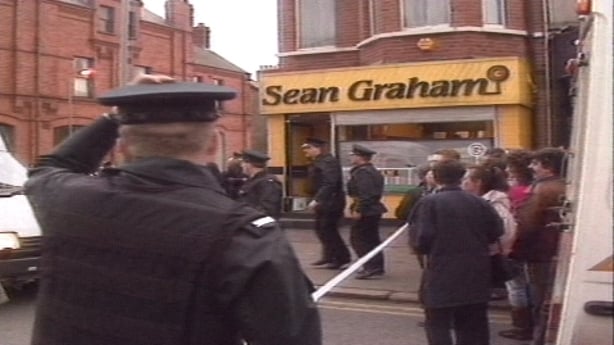
The latest - and last - crisis
What set the current controversy apart from the others was that the most recent criticism of the Chief Constable came in the form of a lengthy legal finding.
The man tasked with upholding the law had been found to have broken it, prompting the DUP to table a motion of no confidence to the Policing Board in Northern Ireland.
A High Court judge ruled that the two junior officers who had been disciplined in the wake of the commemoration at the Sean Graham bookmakers had been done so unlawfully.
Northern Ireland's police federation, which represents officers, was also considering holding a vote of no-confidence in Mr Byrne, saying the chief had "serious questions" to answer following the ruling .
Allegations of political pressure in policing are toxic in Northern Ireland, where justice was one of the last powers to be devolved and any perception of bias is leapt upon.
The adverse legal finding came rapidly on the heels of a huge data leak of 10,000 members of PSNI staff - both officers and civilian - which the police inadvertently published itself and which is all now in the hands of dissident republicans.
Simon Byrne had swerved many potholes during his tenure at the helm of the PSNI, but ultimately he ran out of road.






